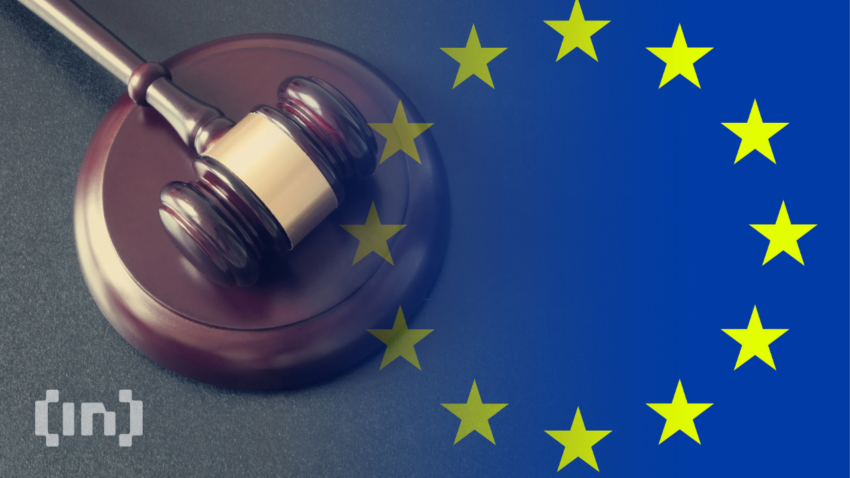Crypto influencers may face market manipulation charges under MiCA
The European Union is preparing to deploy MiCA, a series of sweeping regulations that could severely limit the crypto industry in the region.
The European Union’s Markets in Crypto Assets (MiCA) law was finalized in September. Officials in the European Parliament voted 28 to 1 in favor of the law in October, and it must pass a final vote.
The comprehensive bill covers everything from stablecoins to crypto-mining to non-fungible tokens (NFTs) to money laundering. However, there are also clauses buried in it that could affect crypto influencers.
On November 1, Circle’s EU strategy and policy director Patrick Hansen unearthed one of those clauses. According to the fine print, crypto influencers who comment on social media without disclosure could be in trouble. If they are deemed to profit from the effects of their actions, it will be considered market manipulation in the EU once MiCA is in force, he noted.
The big crypto cleanup in the EU
The terminology is vague, but it could include memes like Elon Musk’s Doge-Twit picture which has been going around. The reaction was mixed with some questioning why the same rules did not apply to other assets.
However, those in favor said there should be more transparency from crypto influencers and coin-shillers.

How it will be monitored and enforced is also unclear. Nevertheless, it is clear that the EU is about to make things much more difficult for the crypto industry and everything related to it.
Regulators are confident that this is a step forward that will make the region more attractive to the crypto industry. On November 2, MiCA Mayor Stefan Berger said these regulations are necessary if “Europe wants to be a major player in the crypto game.”
MiCA under the microscope
MiCA is cracking down on DeFi in the name of consumer protection. However, this could simply turn it into TradiFi, centralizing and controlling all aspects of the sector.
It also aims to regulate stablecoins and their issuance and crypto-asset service providers (CASPs). This will clear the way for fully regulated exchanges and brokers and possibly prevent fraudulent activities.
The bill introduces three subcategories of cryptoassets. These are based on whether the token seeks to stabilize its value relative to other assets.
Additionally, it claims the consumer protection card, but the real motivation behind MiCA is money laundering prevention. To do so, it aims to bring crypto company regulations in line with the same framework that governs banks. MiCA is unlikely to become law before 2024.
Do you have something to say about MiCA or something else? Join the discussion in our Telegram channel. You can also catch us on Tik Tok, Facebook or Twitter.
Disclaimer
All information on our website is published in good faith and for general information purposes only. Any action the reader takes on the information contained on our website is strictly at their own risk.


